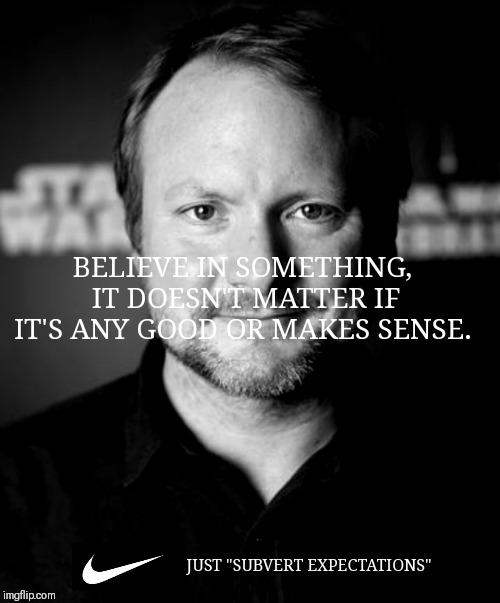

That doesn’t diminish the impact of an opening like “My god, I’m so lonely” on Nobody – it’s a direct, visceral hit to the gut. Though often raw, the album uses a character to access authentically actualized emotions.

On 2018’s Be The Cowboy, Mitski swerves into fiction as a means of subverting expectations. It’s a haunting but deliberate choice, defining the contours of what she actually felt in that moment. And on the breakup track Allergies, you can literally hear Australian singer Stella Donnelly sniffling from crying. British nu-folk troubadour Laura Marling writes eviscerating tales of love and loss while playing with the identity of the songs’ subjects. For artists like Olsen, they can use it as a means of protecting themselves while still writing about themselves. “I don’t walk around my town thinking, I’m Angel Olsen, and I make people cry, you know?”Įven “real” women in music are still performing a persona. “It’s intense to do that every night,” Olsen said in the same interview. “Confessional” music becomes an entry point for projection, which can be a dangerous burden. It’s an enormous ask of women musicians to be themselves all the time. If we’re accessing Olsen’s “realness,” it’s only insofar as what she has allowed. It’s a controlled evocation of what she felt when those feelings arose spontaneously. “Like that it’s all coming clear / All the words that I hear,” she sings. Olsen’s lyrics sound like conversations she’s had with herself, like on Tonight, the album’s sparest, most interior track. But Olsen is singing these songs almost up above, hovering over a version of herself that once existed but doesn’t presently. But the album stays true to her prior work, evoking jaded, tender and wry lyrics with immediate intimacy.Īll Mirrors is very interior, exploring raw realities of loss, discovery of self and moving forward. In a New York Times Magazine interview, Olsen joked that the press cycle for the album would have her answering questions about character because of how different the tone and visuals of this record are. On Angel Olsen’s new album, All Mirrors, she takes her sparse recordings and makes them sound huge, with synthesizers and strings elevating the drama of her lyrics. Many songwriters like Laura Marling, Stella Donnelly, Lucy Dacus and Mitski do it using their own names and drawing from their own lived experiences. and Leikeli47, but you don’t need sunglasses or a mask to play with persona. You see it in identity-obscuring artists like H.E.R. Today’s generation of women singer/songwriters have grown up with that history and are blending fact and fiction in new and interesting ways. Authenticity is mistaken as a synonym for autobiographical, and women have been told by critics, fans and their male colleagues they can only make autobiographical art. But conceptions of “confessional” and “authentic” songwriting have always had a gendered bias. Writing and performing songs about lived experience is important and worthy. Never will.”Ĭritical response demarcating real versus not has defined women’s work from the beginning, persisting still as both a compliment and a limitation. “To write about me is nothing like it is to be with me. “There’s nothing uncooked about me,” she wrote. At least, that’s how Del Rey felt, taking very public issue with Powers on Twitter. On its own, she says, Del Rey’s persona is derivative, but she’s compelling in how she re-enacts it.īy calling Del Rey a persona – lest we forget her birth name is Elizabeth Grant – Powers seemingly calls Del Rey’s songwriting authenticity into question. In her review of Del Rey’s latest album, Norman Fucking Rockwell, veteran music journalist Ann Powers deconstructs her presentation as the bad girl with bad circumstances. To some, her work is artifice to others, a sharp, honest reflection of modern life with authentically felt emotions. Ever since she debuted at the beginning of the decade she’s had her identity and worth repeatedly debated. The gloomy Southern California singer’s music and image are bound to the mythologies of old Hollywood, destructive love, doom and pop culture. Lana Del Rey doesn’t believe she has a persona.


 0 kommentar(er)
0 kommentar(er)
